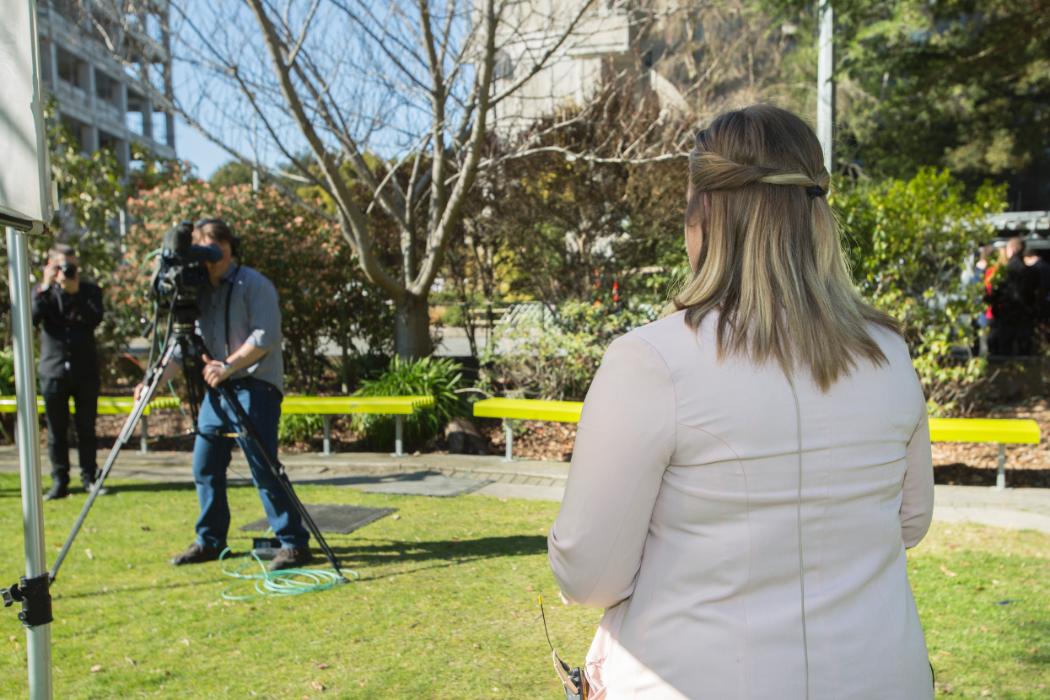Journalism
Introduction
The Graduate Diploma in Journalism is an intensive one-year programme aimed at preparing graduates for a career in print, broadcast, and online journalism and other communication industries. You will receive intensive training in media ethics and law, newsgathering and writing, research and analysis, and multimedia reporting. It requires total commitment – at least 30 hours a week – but you will be well prepared for the real world of journalism.
UC also offers a Doctor of Philosophy (PhD) in Journalism for students to carry out an original research thesis on an aspect of journalism.
Graduates are highly competent and multi-skilled professionals who will think critically about their work, and who care about standards and ethical issues. Many guest lecturers are professional journalists and contribute to the stimulating environment essential for students to build reflective journalism practice.

